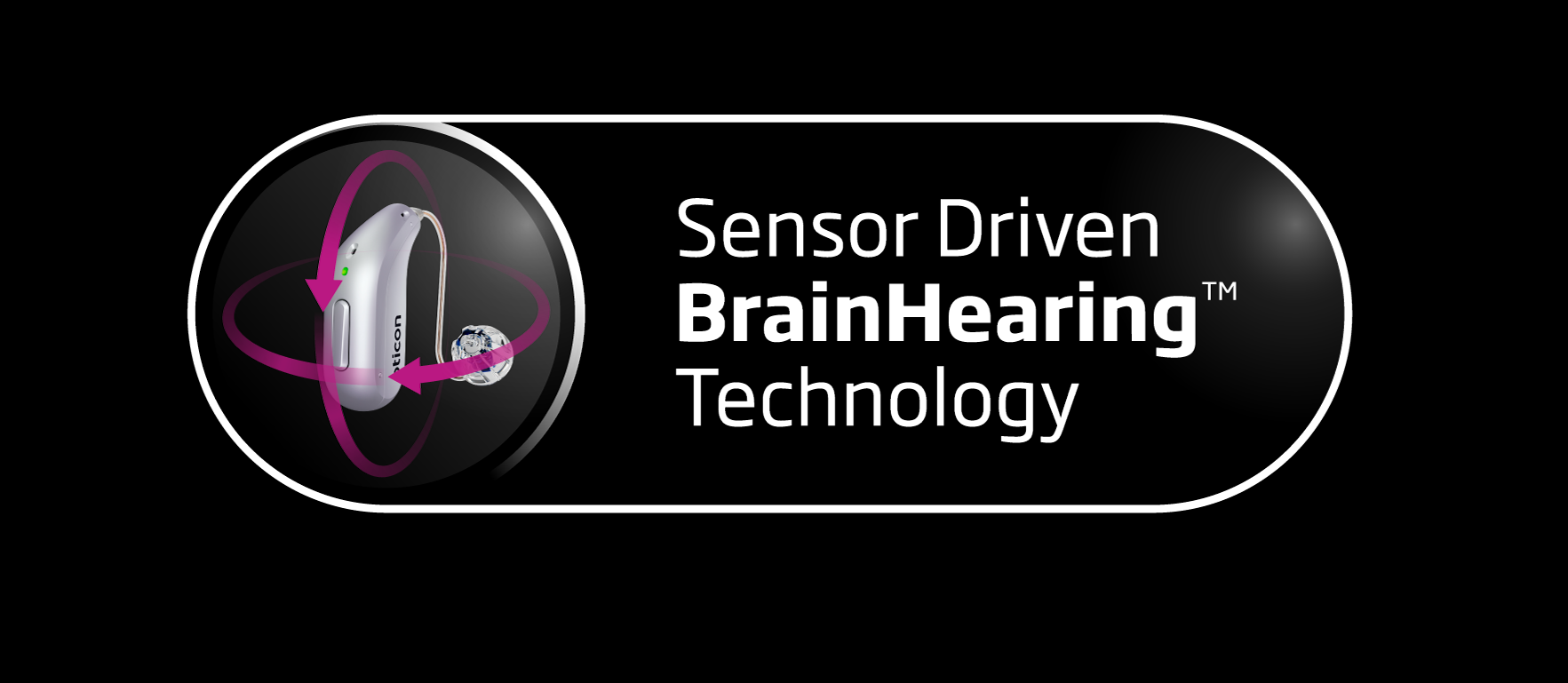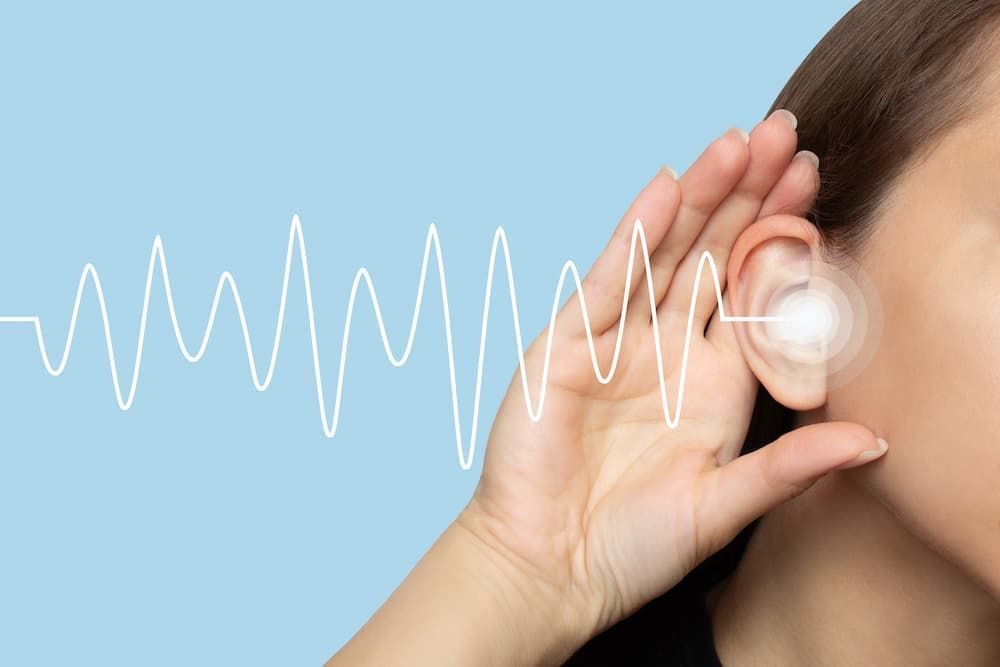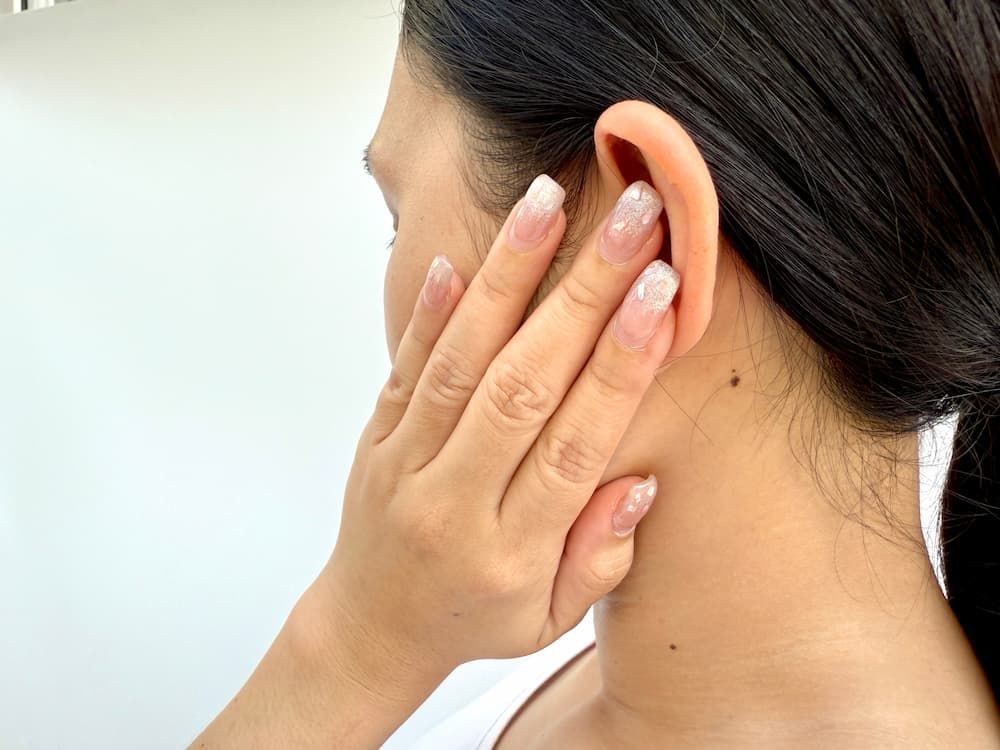Hearing Loss in Musicians: Hearing Protection Tips

Hearing Loss in Musicians

New research has found that professional musicians face almost a four times higher risk for developing hearing loss when compared to the general public. Also, musicians have a 57 percent greater chance to develop tinnitus - ringing in the ears - due to them being exposed to loud noise, according to a study published by Occupational & Environmental Medicine in April 2014. Read more to learn how to mitigate
hearing loss in musicians and
noise induced tinnitus.
These conclusions were reached by the authors of this new report after they reviewed the medical records of a total of 3 million German subjects 19 to 66 years old. These records were collected from 2004 through 2008, which included information on 2,227 professional musicians. Among the almost 284,000 overall hearing loss cases, there were 238 professional musicians who experienced some level of hearing loss.
This link between developing hearing loss and being a practicing professional musician held up after the statistics were adjusted by researchers so they were not skewed by gender or age.
It was noted by researchers that earlier studies had suggested that individuals exposed to music long-term had developed increased hearing sensitivity, like being able to hear an entire range of sound.
In a news release, the authors wrote that their data suggested that the risks of hearing loss induced by music in professional musicians outweighed their potential hearing ability benefits. They added that given the high number of practicing professional musicians and the outcome's severity, that can lead to occupational disability and a serious loss in quality of life, this group's hearing loss is of high importance to public health.
So what steps can be taken to help to prevent hearing loss in musicians? The research of the study suggested that hearing protection should be more widely used and concert hall designs should be developed to shield musicians away from the sounds they are producing.
Chris Martin of Coldplay Speaks Out
| |
Martin started to play in a band when he was in middle school. As many people know, Coldplay, the band that he formed later, went on and became one of the most well-known bands in the world. However, by the time that Martin had reached the age of 25 he had started to experience ringing in his ears and headaches. He was warned by doctors that his music career could come to an end if he did not protect his ears. Now he wears hearing protection whenever he attends concerts and while playing with his band. Martin is making sure that the same mistake is not made with his young children. Many times they have been photographed at concerts wearing hearing protection. |
Were you aware that listening to music on personal players for extended amounts of time, at an excessive volume, may damage your hearing? Over time that damage can add up, and it is permanent damage. Protect your hearing today in order to continue to enjoy the music that you love.
Decibels are used for measuring sound. Your hearing may be damaged by any sounds at 85 decibels or higher. On mobile devices, the volume can sometimes go up to 105 decibels!
Use the following smart listening tips and protect your hearing:
- Use headphones that block the sound out around you. Wearing in-the-ear or over-the-ear headphones with a good seal will mean you are less likely to crank up the volume in order to drown other sounds out. However, be careful! If you are listening to music while moving around and wearing earbuds or headphone, you need to remain safe and be able to hear the important sounds that are around you, such as approaching people, bicycles, trains, and cars.
- Try to use earbuds or headphones for just one hour per day.
- If you listen to your music with earbuds or headphones for 1.5 hours or less every day, then make sure your device is set to play at a maximum of 80 percent of its maximum volume.
- If you listen to your music with earbuds or headphones for over 1.5 hours a day, your device should be set to play at a maximum of 60 percent of its overall maximum volume.
- Rest your ears: take breaks on a regular basis from your earbuds or headphones.
- Don't listen to music with only one earbud. It is more difficult to hear the music. You may be tempted to turn the volume up which can put your one ear at very high risk of being damaged.
- Take these steps today so that you can continue to listen to the beat for many months and years into the future!
Here at the Tinnitus and Hearing Center of Arizona, located in Tempe, we offer custom fit musician earplugs. These are specially deigned earplugs to seal out the maximum level of sound, yet still have a flat frequency perception. It's like turning down the volume on everything! It's especially great for concerts, sports events, movie theaters, restaurants, band rehearsal, and more.
We also are considered the "Musician's Clinic" since we cater to so many musicians and their unique hearing needs. We are distributors for JH Audio and Sensaphonic in-ear monitors for stage use.
Read more about both at our website here: https://www.tinnitusaz.com/musicians-clinic.html
Contact us for a consultation, hearing tests, tinnitus treatment, hearing conditions, and much more. (480) 831-6159.
The information provided in this article is not meant to be medical advice and is for educational purposes only. If you would like to learn more about this and other hearing-related topics, feel free to contact Tinnitus & Hearing Center of Arizona by clicking here or by calling 480-831-6159.











